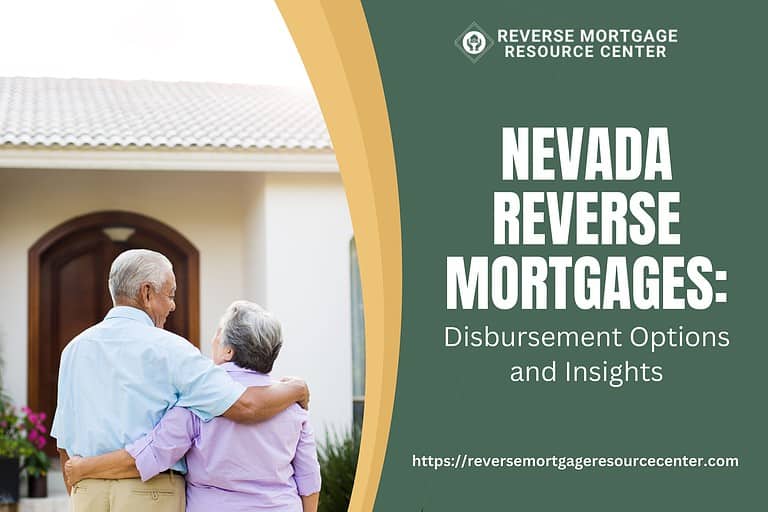Reverse Mortgages and Financial Empowerment for Seniors with Limited Investment Knowledge: Accessing Home Equity as a Financial Resource
Retirement is meant to be a time of relaxation and enjoyment after years of hard work. However, for many seniors, financial challenges can loom large, casting shadows over what should be a golden age. Limited investment knowledge coupled with dwindling savings can create a sense of uncertainty about the future. Yet, there is a valuable resource often overlooked: home equity. In this article, we explore how seniors can access home equity through reverse mortgages, offering a pathway to financial empowerment and security.
Understanding Financial Challenges in Retirement
Retirement brings a myriad of financial considerations. As seniors transition from a steady income to relying on savings, pensions, and Social Security, the importance of financial planning becomes paramount. However, many seniors find themselves ill-equipped to navigate the complexities of investments and financial markets. This lack of investment knowledge can lead to missed opportunities and, in some cases, financial vulnerability.
Moreover, unforeseen expenses such as medical bills or home repairs can quickly erode savings, leaving seniors feeling financially insecure. In such circumstances, traditional financing options may seem out of reach due to stringent lending criteria or limited income streams.
Accessing Home Equity: A Hidden Resource
For seniors who own their homes, there exists a valuable yet often untapped resource: home equity. Home equity refers to the value of a home minus any outstanding mortgage debt. Reverse mortgages offer a way to access this equity without the need to sell the home or make monthly mortgage payments.
What Is a Reverse Mortgage?
A reverse mortgage is a type of loan available to homeowners aged 62 or older, allowing them to convert a portion of their home equity into readily accessible funds. Unlike traditional mortgages, where borrowers make monthly payments to a lender, reverse mortgage lenders make funds available to the borrower, either as a lump sum, monthly installments, or a line of credit.
How Does It Work?
Upon obtaining a reverse mortgage, homeowners retain ownership of their homes and are still responsible for property taxes, insurance, and maintenance. The loan typically becomes due when the last borrower permanently moves out of the home or passes away. At that time, the borrower’s heirs have the option to repay the loan or sell the home to settle the debt.
Financial Empowerment Through Reverse Mortgages
Reverse mortgages can be a powerful tool for seniors facing financial challenges in retirement. By unlocking the equity in their homes, seniors can gain access to much-needed funds to supplement their income, cover expenses, or address unexpected costs.
Flexibility and Control
One of the key benefits of reverse mortgages is the flexibility they offer. Borrowers can choose how they receive their funds, whether as a lump sum, monthly installments, or a line of credit. This flexibility allows seniors to tailor the loan to their specific financial needs and goals.
Moreover, reverse mortgages provide seniors with a sense of control over their financial future. Instead of relying solely on fixed incomes or depleting savings, homeowners can leverage their home equity to maintain their standard of living and enjoy a more comfortable retirement.
No Monthly Mortgage Payments
Unlike traditional mortgages, reverse mortgages do not require borrowers to make monthly mortgage payments. This feature can be particularly appealing to seniors with limited incomes or those seeking to reduce their monthly expenses. By eliminating mortgage payments, seniors can free up cash flow to cover other essential expenses or enjoy a higher quality of life in retirement.
Protection for Spouses and Heirs
Reverse mortgages offer protections for spouses and heirs. Non-borrowing spouses are allowed to continue living in the home even if the borrowing spouse passes away. Additionally, heirs have the option to repay the loan and keep the home or sell the property to settle the debt.
Considerations and Precautions
While reverse mortgages can provide significant benefits, it’s essential for seniors to carefully consider their implications and weigh their options. Before pursuing a reverse mortgage, seniors should:
- Seek Counseling: The Federal Housing Administration (FHA) requires borrowers to undergo counseling with a HUD-approved counselor before obtaining a reverse mortgage. Counseling provides valuable information about the risks and benefits of reverse mortgages, helping seniors make informed decisions.
- Understand Costs and Fees: Reverse mortgages come with various costs and fees, including origination fees, closing costs, and mortgage insurance premiums. Seniors should carefully review these expenses and consider how they will impact the overall cost of the loan.
- Evaluate Alternatives: Reverse mortgages may not be the best option for everyone. Seniors should explore alternative sources of funds or assistance programs that may better suit their needs and financial goals.
- Maintain Financial Responsibility: While reverse mortgages do not require monthly mortgage payments, borrowers are still responsible for property taxes, insurance, and maintenance costs. Failing to meet these obligations could result in foreclosure.
Wrap Up
For seniors facing financial challenges in retirement, reverse mortgages offer a lifeline to financial empowerment and security. By accessing their home equity, seniors can supplement their income, cover expenses, and enjoy a more comfortable retirement. However, it’s crucial for seniors to carefully consider the implications of reverse mortgages and seek guidance from qualified professionals to make informed decisions about their financial future. With the right knowledge and resources, seniors can unlock the full potential of their home equity and embrace retirement with confidence.
REVERSE MORTGAGE RESOURCE CENTER ~LIVE LIFE ON YOUR TERMS~
Our Lending Team has been serving our clients since 2004. We are passionate about serving our clients with integrity to help them achieve their financial goals.





